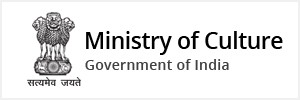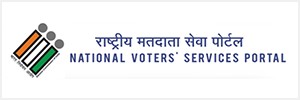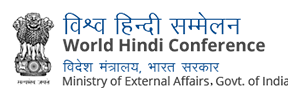Visvesvaraya Industrial and Technological Museum (VITM) on Kasturba Road has something new and innovative in store for young visitors. A mini lab called Avishkara - Karnataka Student Innovation Programme, was launched at the museum on Tuesday. It aims at fostering the next generation of innovators to build prototypes of simple and easy-to-use devices that can be used for everyday work. The programme is designed to promote STEM (science, technology, engineering and math) initiatives in the state, and drive greater collaboration to promote research and innovation.
Avishkara was launched by Intel India in association with the state government and Agastya Foundation. The programme is a joint initiative to accelerate STEM-based programmes like Inspire and Initiative for Research and Innovation in Science (IRIS) which encourage student interest and participation in STEM related subjects.
Earlier this year, Intel India and National Council of Science Museums (NCSM) collaborated to set up an 'Intel Galileo Corner' at select NCSM centres starting with New Delhi. Avishkara is its counterpart in VITM. "All of us are creative by nature. But children are more creative because most of the things they do or see happen first time in their life. It is at this juncture that they should be caught and trained. Science museums are the best place to start with. Here creativity and innovative thoughts can move without hindrance. We are happy to be associated with Intel in this journ\ey to nurture creativity and innovation among children," said K G Kumar, director, VITM.
Aimed at promoting creativity, innovation and a do-it-yourself culture among the student participants, Galileo Corner will let students create projects like quick prototypes of simple interactive devices such as LED light displays that respond to social media, or for tackling more complex projects such as automated home appliances through to life-size robots which can be controlled through a smart phone.
The hub will let students create projects around the Intel Galileo Development Board, which allows the creation of models for easy-to-use interactive devices that can work in collaboration with smart phones or tablets. Intel plans to set up such corners in 45 innovation hubs of NCSM over the next 12 to 18 months.
Courtesy: Banglore Mirror












